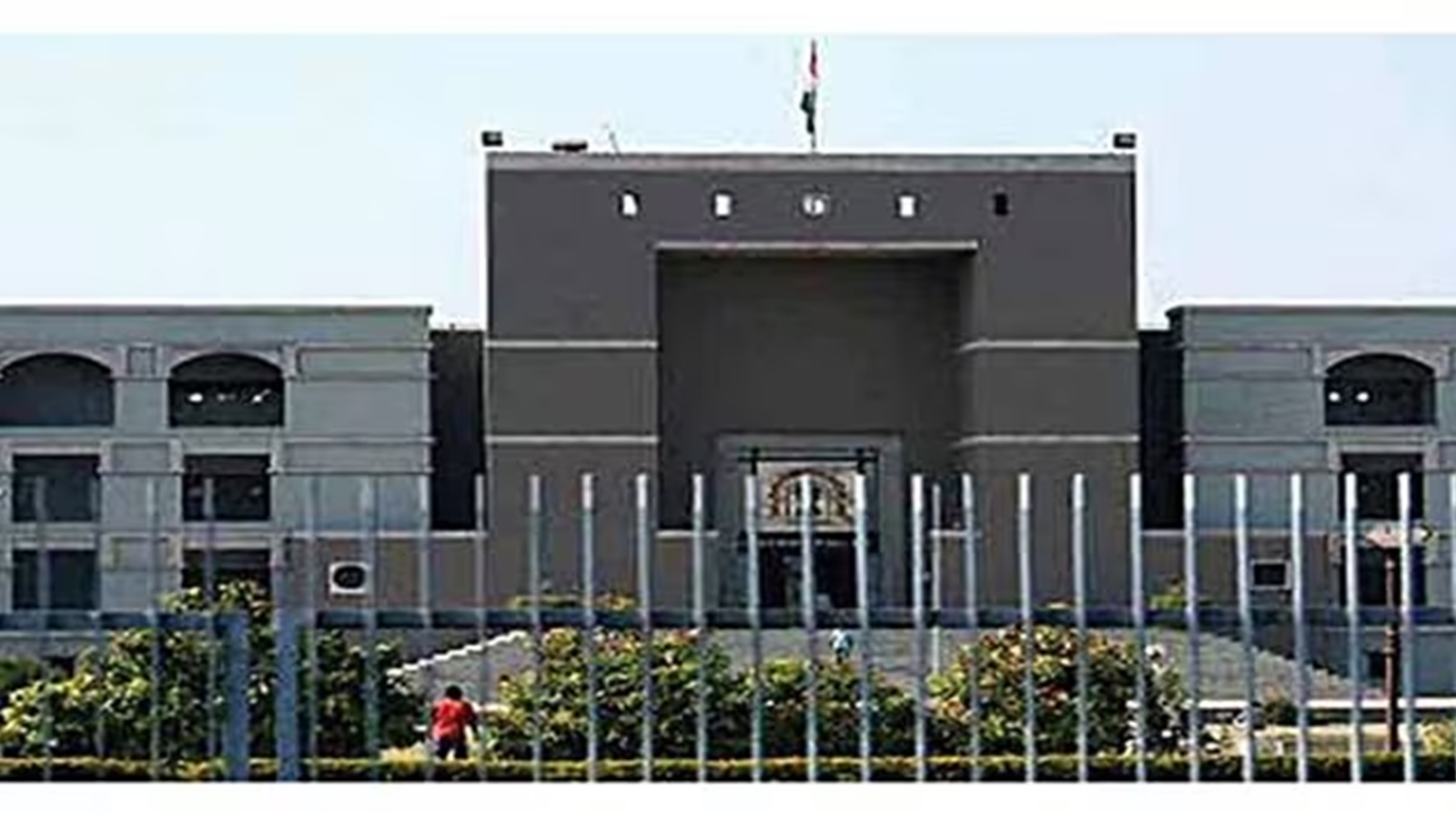Album continues the ex-SoCal punk’s rebranding as a down-home country gal

Gwen Stefani’s voice burns white-hot at the center of any project she’s involved in, whether belting out the lighter-worthy chorus of No Doubt’s neo-power ballad “Don’t Speak” or leading girl-power cheers on her peppy solo cut “Hollaback Girl.” Her still-agile mezzo-soprano is the main attraction on her fifth solo album and first since 2016’s This Is What the Truth Feels Like, which, she told Rolling Stone in September, came out in “the middle of my hell.” After what she said was “eight years of healing, eight years of transitioning” — which included her marrying country-crossover king and fellow The Voice coach Blake Shelton in 2021 — she’s released Bouquet, an aggressively pleasant collection that continues the ex-SoCal punk’s rebranding as a down-home country gal.
Trending Stories
Not that she’s totally ditched her Doc Martens for cowboy boots. “Somebody Else’s,” the jumpy cut that kicks off the album, is powered by resentment and regret, Stefani letting an ex know she’s thrilled he’s moved on — a repudiation of her tumultuous past that sets up the rosier scenarios that follow. That opener is one high point of an album that attempts to split the difference between Stefani’s pit-ready past and country-wife present. “Pretty,” a slide-guitar-accented ballad where Stefani gathers up her regrets before revealing that she “never felt pretty ‘til you loved me,” is another peak, Stefani’s voice nearly buckling as she relives the shock of once again being adored by another.
Bouquet is stuffed with flower imagery: the anniversary-party-appropriate title track is littered with sunflowers and roses; the road-trip-playlist-made “Marigolds” turns its titular flowers into a marital bed; “Empty Vase” finds Stefani bending her voice flirtatiously in gratitude, a nice counterpoint to the slide guitar that signifies her darker past; and “Purple Irises,” a sparkling duet with Shelton, uses its blooms to signify mutual contentment. (There’s even a cut called “Late to Bloom,” a glossy country-pop-punk tune that revels in finding later-life love.) Stefani’s glide toward her garden of contentment is enjoyable enough, if a bit bland when inhaled all at once.

 2 hours ago
1
2 hours ago
1
















.png)

.png)
.png)
.png)













 English (US) ·
English (US) ·  Hindi (IN) ·
Hindi (IN) ·